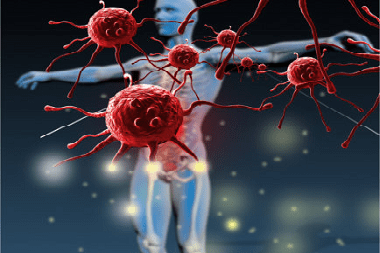Immunology and Allergology >>>> Primary immunodeficiency - what is it?
Primary immunodeficiency - what is it?

There are cases of congenital errors of the immune system, which lead to defects in the functioning of cellular and humoral immunity, the complement system, insufficient antibody production , defects in phagocytosis, and are called "primary immunodeficiency".
Congenital damage to genes responsible for the correctness of the course of immune responses is not common, but, nevertheless, there is a place and should attract attention with a certain set of specific signs of primary immunodeficiency:
- frequent re-infections (viral, bacterial, fungal);
- infectious diseases acquiring a chronic course;
- opportunistic infections that cause disease only if there is an immunodeficiency;
- cases of chronic and / or lingering allergic reactions;
- cases of poorly treatable infectious diseases that recur with renewed vigor even with adequate therapy;
- rejection of implants;
- autoimmune reactions;
- susceptibility to many pathogens at the same time;
- multiple lesions of organs and tissues in infectious diseases.
Weak resistance of the immune system to any kind of exposure to antigens and harmful microorganisms depletes the body's reserves, which leads to a continuous course and relapse of diseases.
When detecting insufficient functioning of immune factors (blood test for the level of concentration of immunoglobulins, cytofluorometric detection of CD - antigens of lymphocytes: T-lymphocytes, B - lymphocytes, T-helpers, T-killers, T-cells of memory), treatment of primary immunodeficiency is prescribed, which may not always be effective. But there is supportive therapy that allows you to activate and supplement weak immune responses. Apply immunomodulators various actions that stimulate or replace the missing immune agents of cellular and humoral.
In case of primary immunodeficiency, antimicrobial therapy should be carried out as early as possible. An important role in the treatment of infections is the early detection of antimicrobial resistance and a quick change of drugs, as well as the use of drugs with a wide spectrum of action.

Read

Read



























